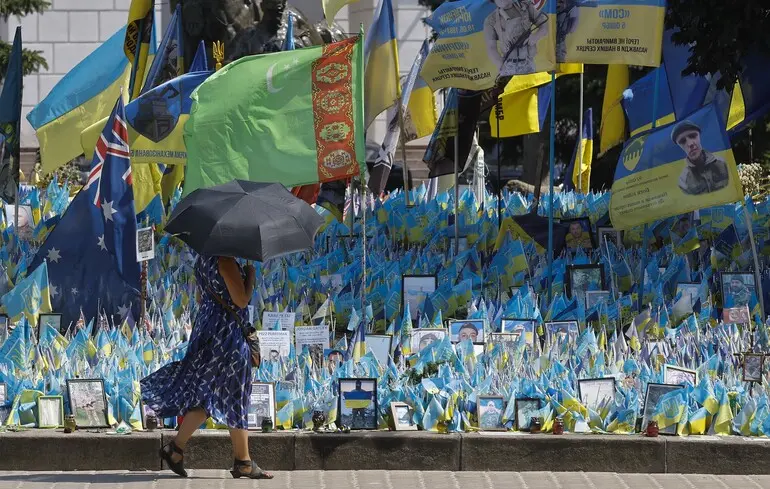Ukrainians: Between European Identity and Soviet Heritage – New Trends and Societal Challenges

In recent years, the population of Ukraine has undergone significant shifts in civic and cultural self-identification, with the majority actively positioning themselves as Europeans and aspiring to align with modern Europe.
However, more than 6% of citizens still retain a sense of being ‘Soviet people,’ indicating deep-rooted historical and cultural ties that persist.
According to the Ratings sociological survey, 94% of Ukrainians identify themselves as citizens of Ukraine, with over three-quarters feeling a strong attachment to their country overall.
The feeling of belonging to the European community is more prevalent in the western and central regions, especially among the well-off and middle-income groups.
Furthermore, a considerable portion of Ukrainians see themselves as individuals who relate more to Ukraine than to specific regions — such respondents constitute 77%.
Meanwhile, the ‘Soviet-minded’ segment remains more common in the south and east of the country, among the poorer citizens and those over 51 years old.
Sociologists emphasize that, although the overall sense of well-being remains stable, there is an increasing sense of anxiety about the future.
This reflects the complex emotional state of Ukrainians as they navigate integration into the European Union while preserving their deep historical roots.

